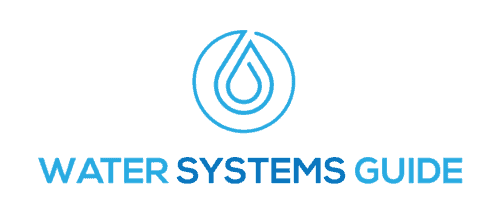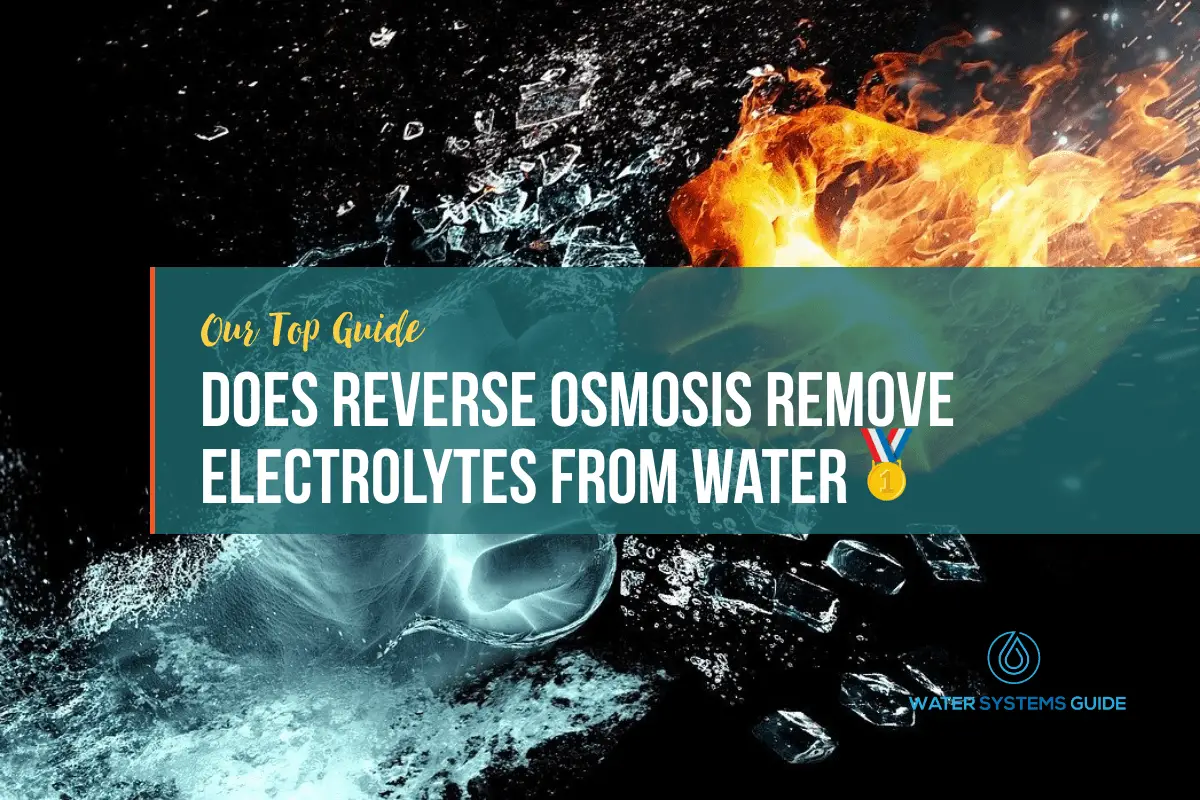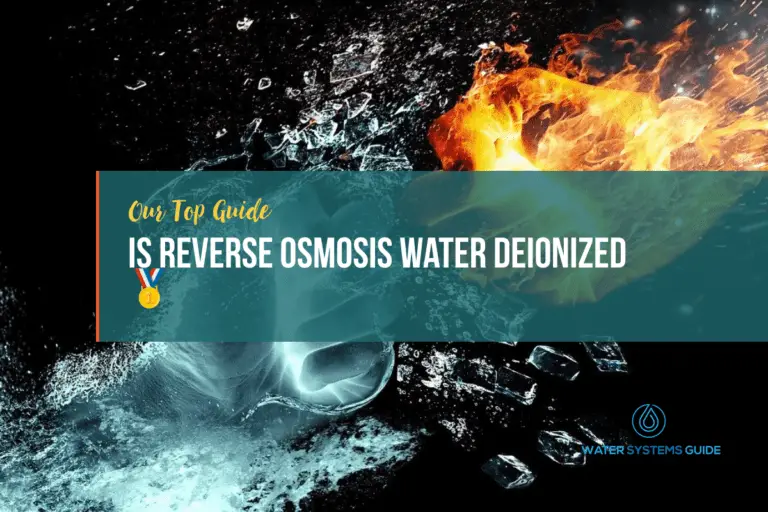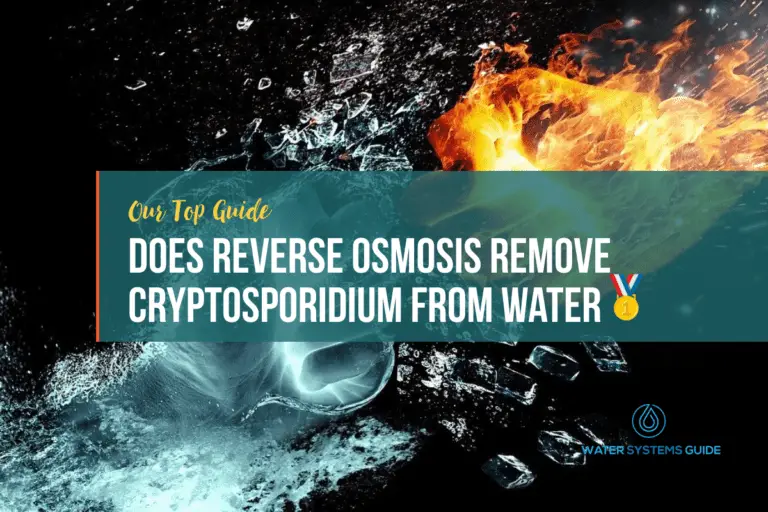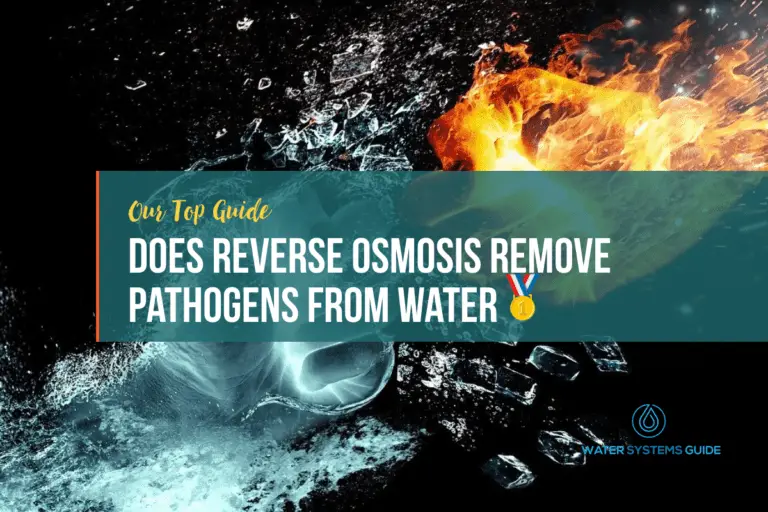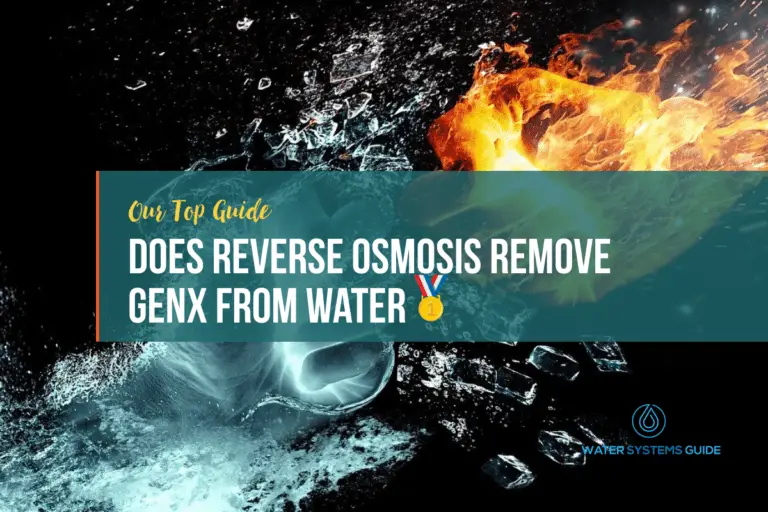Does Reverse Osmosis Remove Electrolytes From Drinking Water
What Exactly Are Electrolytes & How Are They Beneficial
Electrolytes are minerals in your body that have an electric charge. They are in your blood, urine, and body fluids.
Electrolytes are crucial in helping keep your body working properly by doing the following functions:
• Maintain the right balance of fluids in your body
• Maintain the proper acid-base (pH) balance in your blood
• Conduct electrical impulses throughout your body
If you do not have enough electrolytes in your body, you can become dehydrated or your blood pH can become too low or too high.
Are there side effects of consuming too many electrolytes?
Yes, there are potential side effects of consuming too many electrolytes. These can include nausea, vomiting, diarrhea, headache, and dizziness. In severe cases, electrolyte imbalances can lead to seizures and coma. Therefore, it is important to consume electrolytes in moderation and to speak with a healthcare professional if you are unsure about how many to consume.
Does RO Remove Electrolytes from Drinking Water?
Reverse osmosis does not remove electrolytes from drinking water. In fact, it is often used to improve the taste of water by removing dissolved minerals that can cause a bitter or metallic taste. While some people believe that reverse osmosis removes all impurities from water, including beneficial minerals, this is not the case.
How to test your water supply for electrolytes
To test your water supply for electrolytes, you will need to use a water testing kit. These kits are readily available online. Once you have your kit, follow the instructions carefully to ensure accurate results. Generally, you will need to fill a vial with water and add a few drops of reagent. Then, compare the color of the solution to the chart included in the kit to determine the level of electrolytes in your water.
If you are concerned with the level of electrolytes in your water supply, please contact your healthcare professional.
What else does reverse osmosis remove from water?
Alternative Methods Of Reducing Copper In Your Water Supply
According to American Chemical Society and Division of Chemical Education, Inc, Ion Exchange is an effective method to remove electrolytes from water.
